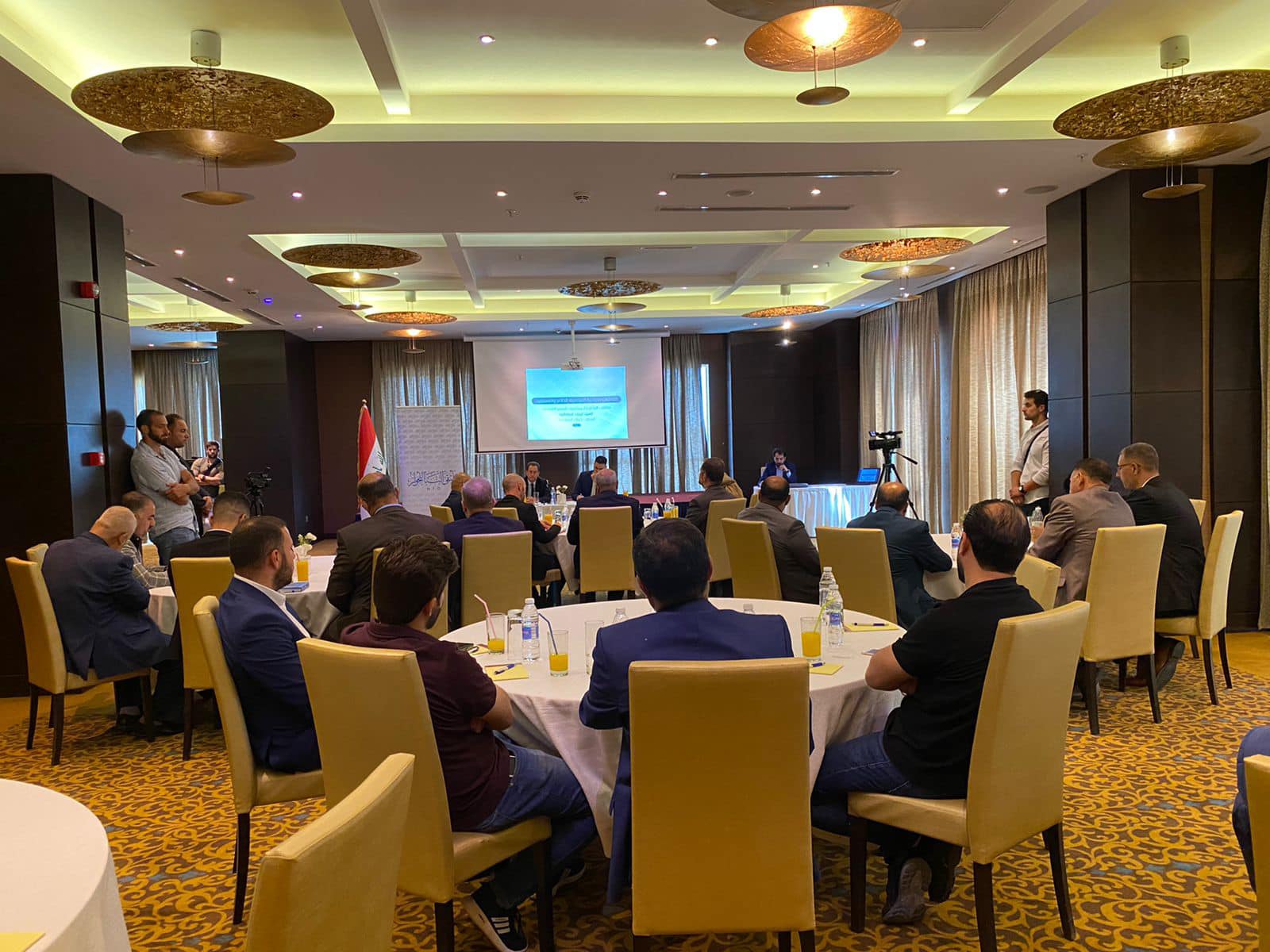The absence of dialogue in itself represents the greatest catalyst for division and the proliferation of conflicts among individuals, groups, and communities. The lack of sustainable dialogue leads to estrangement that stirs up the whispers of devils and entrenches misconceptions and mistrust. It is a direct cause of the exacerbation of prevailing negative stereotypes and solidifies a misleading system of illusions that dominates public perception. This results in fear accumulating in the mind of the "other," who, responding to the phobia of openness, retreats into isolation.
Therefore, engaging in dialogue with the "other," especially those with opposing views, constitutes a strategic path toward healthy transformation and positive change. Dialogue may not bear immediate fruit, but it can bring hearts closer together and dispel illusions and fears in the long run. Here, we may cite the experience of Al-Naba Foundation for Culture and Media, along with its affiliated research and study centers. This cultural gathering has committed itself to promoting a culture of dialogue and regularly convenes forums that vary in time and topic, bringing together a broad spectrum of participants, both local and international.
One of the most prominent outcomes of these dialogues is the widespread emergence of mutual respect for differing opinions. Despite the sharp disagreements that may arise among participants during heated discussions, the management of these differences is conducted in an atmosphere of calm and away from tension and fanaticism.
Dialogue—especially when it is constructive and thoroughly studied—is capable of overcoming the obstacles that hinder uniting citizens under one umbrella of shared aspirations and hopes. This, in turn, allows significant progress toward achieving the goal of civil peace, which is the ultimate aim of any society striving to ensure a dignified and free life for all its members.
The quest for successful dialogue requires faith in the culture of pluralism and patience with the other in order to eliminate sensitivities arising from internal and external conditions. Additionally, gradually bringing viewpoints closer together demands continuous planning and sustained meetings that prioritize keeping pace with political, economic, and social developments both domestically and internationally.
To serve these purposes, Al-Naba has sought to engage Iraqi societal leaders, allowing them to express their visions and messages regardless of their intellectual leanings, ethnicities, or regional affiliations. The institution continues its enlightening mission as one of the most prominent civil society organizations working to spread the principles of human rights, deepen democratic experience in the country, embed it culturally, build bridges of communication with others, and confront the despair caused by the absence of sound channels of dialogue. The institution’s objectives and roles are summarized as follows:
Promoting national dialogue: The foundation brings together political, academic, and religious figures to discuss issues affecting Iraq, fostering an environment that encourages understanding and idea exchange.
Fighting corruption: It serves as a platform to discuss this critical issue and propose tangible solutions, as seen in various activities.
Engaging youth in decision-making: Through events and forums, the foundation seeks to educate and empower youth to contribute to Iraq’s future, in line with the vision of sustainable development.
Enhancing international dialogue: The institution aims to expand its influence by hosting experts and thinkers to promote mutual understanding among cultures.
Media as a tool for dialogue: Through its media platforms, the foundation raises awareness on important issues and encourages public engagement.
The Iraqi people have endured many periods throughout their history marked by the absence of mutual understanding and cooperation, leading them to divide into opposing or conflicting camps. Thus, they are in urgent need of continuing on the path of civilized dialogue by abandoning impulsive and random reactions and yielding to reason and the practices of the wise. Dialogue is foresight for a secure future, an understanding of the dangers of absolute fanaticism, an ability to contain conflict through humility and the rejection of arrogance and obstinacy, and a recognition of the inevitability of peaceful coexistence through the openness of one to the other. Dialogue among all is the inevitable path to achieving all of this.






Comments